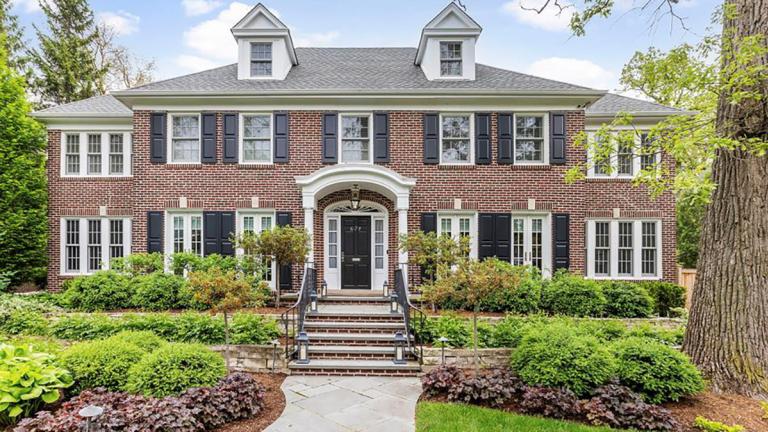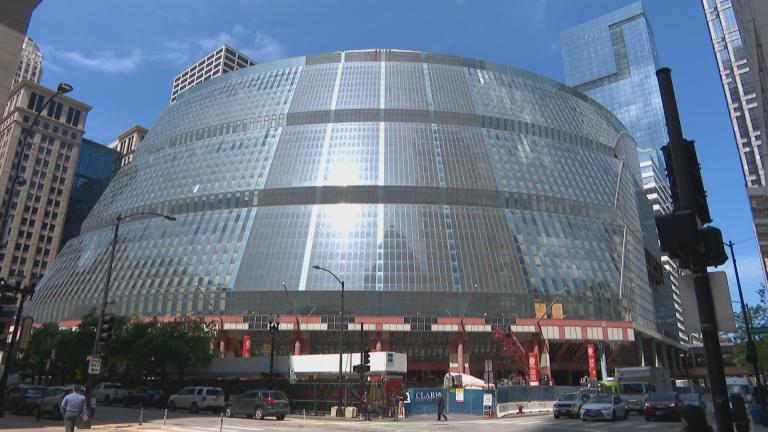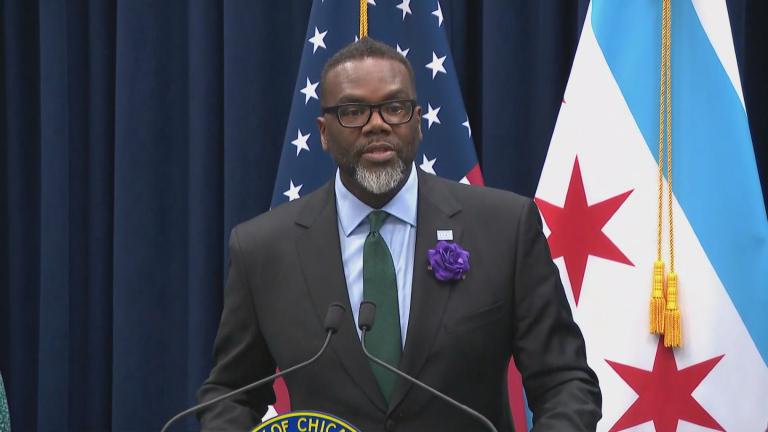Across the country and in Chicago, rental prices are on the rise.
Rent prices rose 9.4% in 2022, according to data firm CoStar Group. In response, groups of local tenants are unionizing in hopes of pushing for an end to the state rent control ban that was passed in 1997.
Although the city of Chicago requires landlords to give advance notice to tenants when rent is going to be increased, many residents say their landlords raise prices “effective immediately.”
Ben Avis is part of the North Spaulding Renters Association. The group assembled in April of 2020 after one of the tenants lost their job. Logan Square, where Avis lives, has seen a major rent increase.
“A lot of our neighbors have received a rent increase from Mark Fishman of about 15 to 20%. That is a lot of money,” Avis said. “We have not received wage increases of that much, so it’s been really difficult for people to make ends meet there.”
Avis and members of the association were able to negotiate a free month’s rent for about a dozen tenants. The group has also been able to negotiate a rent increase cap of about 9%.
Michael Mini, executive vice president of the Chicagoland Apartment Association, says Chicago’s Fair Notice Ordinance was designed to give tenants more than 30 days before their rent goes up.
“There is either a 60 days or 120 days notices, so for situations where a lease is not going to be renewed tenants do have that extra time to make other arrangements,” Mini said.
Jane Garvey of Chicago Creative Investors Association says landlords work based on supply and demand.
“We’re facing tremendous increases in costs on all fronts. We’re also facing tremendous increases in risk,” Garvey said. She added that in her view, the real problem behind skyrocketing rental prices is the lack of housing.
John Bartlett, executive director of the Metropolitan Tenant Organization, says lifting the state’s ban on rent control is one tool the state could use to control increasing prices.
“Twenty percent of all renters are paying half of their income to rent and that is just unsustainable, and we can’t keep putting that pressure on renters to think that they’ll be OK because they’re not,” Bartlett said.






